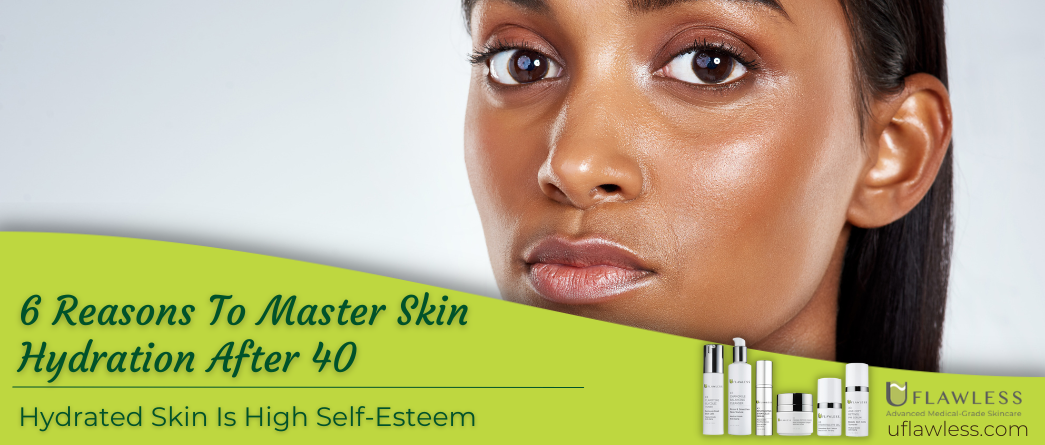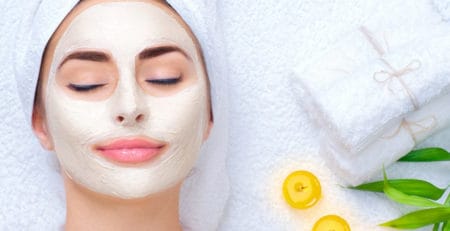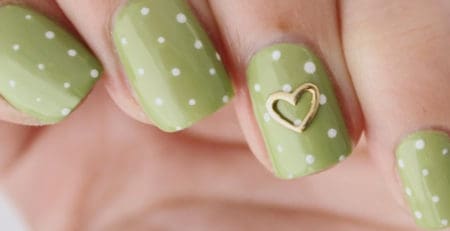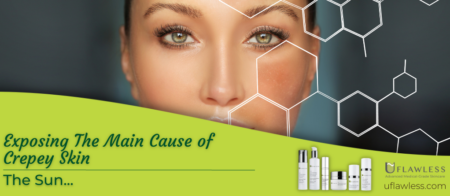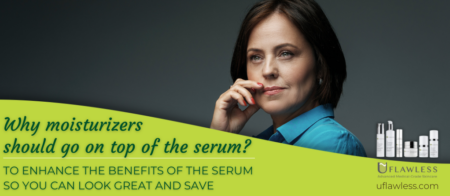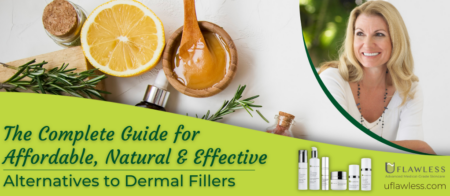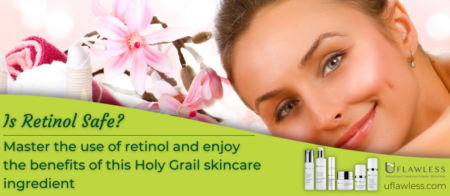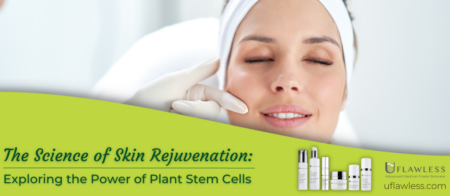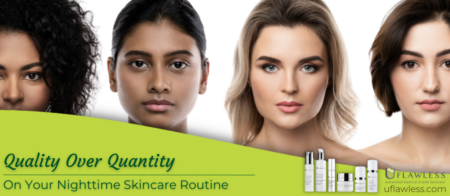6 Reasons to Master Skin Hydration After 40
Everyone recognizes the glow of healthy, hydrated skin—a complexion that looks youthful, smooth, and radiant. It’s no secret that when our skin looks great, compliments follow, along with curiosity about what products we’re using. Skin Hydration Mastery is the number one factor for high self-esteem.
If you don’t pay attention to skin hydration, it can lead to wrinkles, dullness, and fine lines—common signs of aging.
Many people don’t realize that these visible signs often point to one culprit: lack of hydration. So let’s dive deep into 6 reasons to master skin hydration after 40, understanding how age, hormones, lifestyle, and product choices play a role.

1. How Aging Affects Skin Hydration
The Natural Decline of Skin Hydration with Age
The skin’s ability to retain moisture starts to decline as early as our 20s. By the time we hit our 40s, our skin begins to lose essential lipids and hyaluronic acid—key components that help retain water. These changes accelerate moisture loss, making the skin appear dry and less elastic.
Hormonal Changes Affecting Skin Hydration
Hormonal shifts in both men and women, especially during perimenopause, play a major role. Estrogen, a hormone that supports skin’s hydration and elasticity, begins to drop. As a result, the skin loses its plumpness and becomes more prone to dehydration, fine lines, and sagging.
2. Why Hormonal Fluctuations Matter More in Your 40s
After 40, both men and women experience significant changes in the skin’s structure due to hormone fluctuations.
- Women: The perimenopausal decline in estrogen reduces collagen production, making the skin thinner and more prone to water loss.
- Men: A gradual decrease in testosterone affects skin density and hydration.
This structural change emphasizes the need for hydrating skincare routines that replenish moisture and maintain a healthy lipid barrier.
3. Seasonal Changes Impact Skin Hydration
The Role of Temperature and Humidity
Hot summers and cold winters take a toll on the skin. During summer, the heat causes more water to evaporate from the skin, while cold, dry winter air depletes moisture levels. Indoor heating and air conditioning also remove humidity from the air, making the skin feel even drier.
How to Combat Seasonal Water Loss
In both summer and winter, moisturizing products with hydrating ingredients, such as hyaluronic acid or marine peptides, are essential to maintaining skin hydration.
4. The Power of Product Choice: Why Ingredients Matter
Using the wrong skincare products can strip the skin of essential oils and worsen dehydration. Here’s what to avoid and what to embrace:
Avoid These Dehydrating Ingredients On The Skin:
- Sodium Lauryl Sulfate (SLS): Common in cleansers, it strips natural oils from the skin.
- Benzoyl Peroxide: Found in acne treatments, it can dry out the skin if used excessively.
- Artificial Fragrances and Alcohols: These irritants can worsen dryness and sensitivity.
Choose Skin Hydrating Ingredients:
Look for products with ingredients that nourish the skin barrier and lock in moisture. A few to consider:
- Hyaluronic Acid: This ingredient holds up to 1,000 times its weight in water, ensuring the skin stays plump and hydrated.
- Marine Peptides: Found in the X3 Chamomile Balancing Cleanser, these peptides improve hydration by 128%, restoring the skin’s moisture levels.
- Snow Mushroom Extract: With 500x the hydrating power of hyaluronic acid, this ancient natural ingredient is a powerhouse for plumping the skin, delivering immediate glow.
5. Hydrating Cleansers: The First Step to Mastering Hydration
A good cleanser is essential for removing dirt and oil without compromising the skin’s moisture barrier. For example, the X3 Chamomile Balancing Cleanser not only cleanses but also hydrates with chamomile, essential oils, and marine peptides.
Using hydrating cleansers is particularly important for acne-prone skin. Contrary to popular belief, acne-prone skin is often dehydrated. Dehydration triggers excess oil production, which clogs pores and leads to breakouts. Hydrated skin balances sebum production, reducing acne flare-ups.
6. Moisturizers That Go Beyond Skin Surface
Not all creams are created equal. Many over-the-counter moisturizers contain ingredients like petrolatum, mineral oil, and lanolin, which act as fillers. While these creams make the skin feel smooth temporarily, they don’t offer real hydration or long-term benefits.
Instead, focus on medical-grade formulations like the X3 Firming Peptide Cream. Here’s why this moisturizer stands out:
- Jojoba Seed Oil: Mimics the skin’s natural oils, providing long-lasting moisture without clogging pores.
- Lipochroman: The only antioxidant that protects against oxygen, nitrogen, and carbon radicals—three major sources of environmental stress.
- Marine Peptides: These peptides penetrate deep into the skin, activating collagen production and increasing moisture retention at the cellular level.
Such advanced formulations provide more than surface hydration; they boost the skin’s resilience and firmness over time.
Bonus Insight: Exfoliation and Hydration—A Winning Combination
Exfoliating products like X3 Refining Glycolic Gel Pads enhance hydration by encouraging the production of natural hyaluronic acid.
- How Glycolic Acid Helps: It removes dead skin cells, allowing hydrating ingredients to penetrate better.
- Marine Peptides Boost Hydration: Combined with glycolic acid, they ensure that exfoliation doesn’t lead to dryness, leaving the skin plump and refreshed.
Skin Hydration Happens When Nourishing The Deep Layers Of The Skin
Mastering skin hydration after 40 is essential to maintaining a youthful, healthy appearance.
As we age, the skin naturally loses its ability to retain moisture due to hormonal changes and environmental factors.
However, by choosing the right products and staying consistent with hydration routines, we can support our skin’s health and glow.
Whether it’s the X3 Chamomile Balancing Cleanser or the X3 Firming Peptide Cream, using medical-grade skincare ensures that active ingredients penetrate deep into the skin, working where they’re most needed.
Remember, the key to radiant skin lies not only in smoothing the surface but in nourishing the deeper layers where collagen, elastin, and new skin cells are produced.
Hydrate wisely, and enjoy the compliments that come with healthy, glowing skin!


